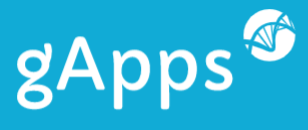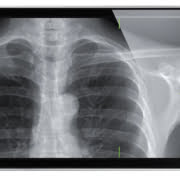Mobile health apps need new regulatory framework
Last month, a mobile phone app became the first of its kind to be registered by the Medicines and Healthcare products Regulatory Agency (MHRA) as a medical device.
The app was developed by the team at the Mersey Regional Burns and Plastic Surgery Unit and is designed to help medical staff assess burn damages. This neat bit of kit is listed by the MHRA as a class 1 medical device and is available for free in the Apple app store.
According to research, 81% of healthcare professionals own a smartphone and as a result the Mersey Burns app will no doubt be useful by sharing the specialist knowledge from the burns unit with their medical colleagues. However, the licensing of the app has raised all kinds of questions on the future registration of mobile phone apps for use in the healthcare professions.
On the face of it, registration is eminently desirable; in healthcare accuracy is everything, so it is important that diagnostic, treatment and monitoring apps are rigorously tested to ensure their suitability for public release. Unregulated mobile health apps have the potential to put the public at risk.
However there is concern, particularly in the US, that excessive regulation of mobile apps will vastly increase the costs of app development and slow market availability down to such an extent that the technology could be out of date by the time it hits the market.
As a result, on both sides of the Atlantic, medical app developers and healthcare and pharmaceutical companies are calling for a new regulatory framework which will allow the testing and processing of relevant mobile apps at speeds equal to the pace of rapid technological change.

